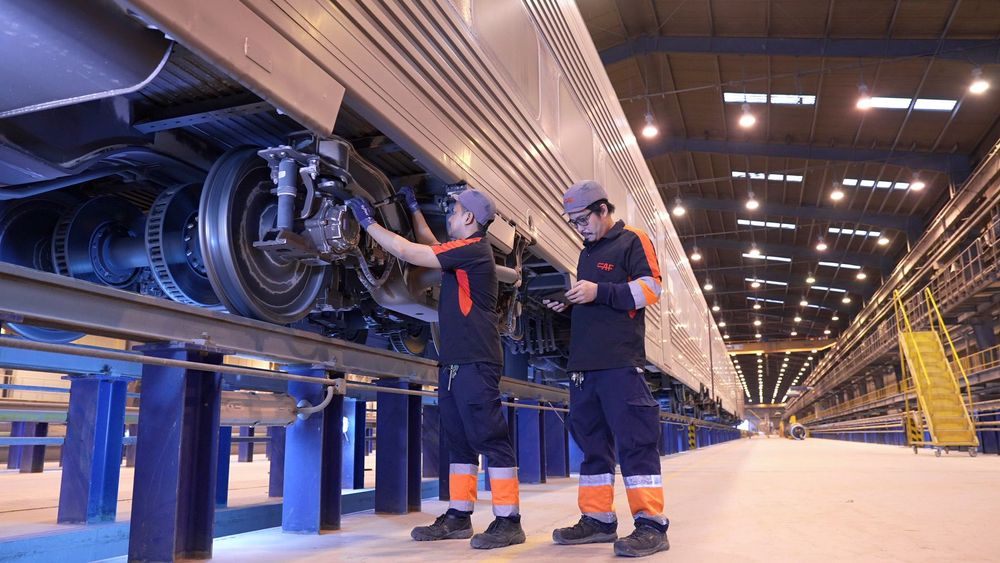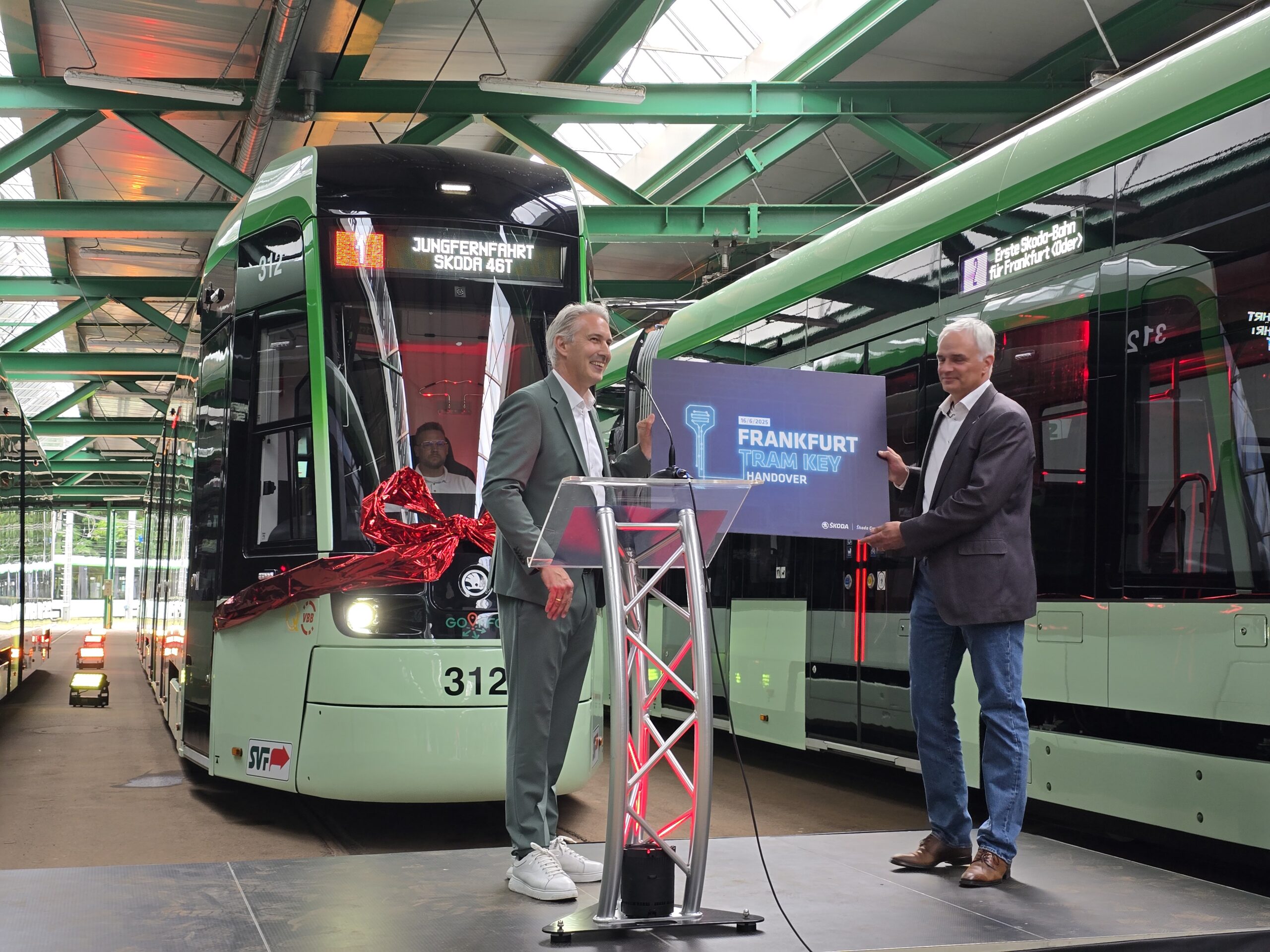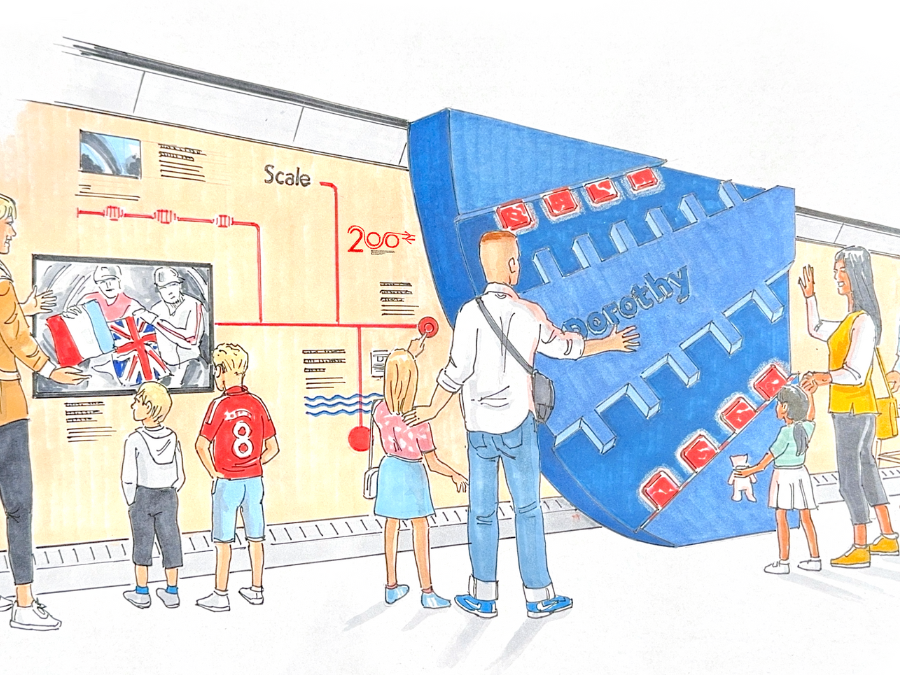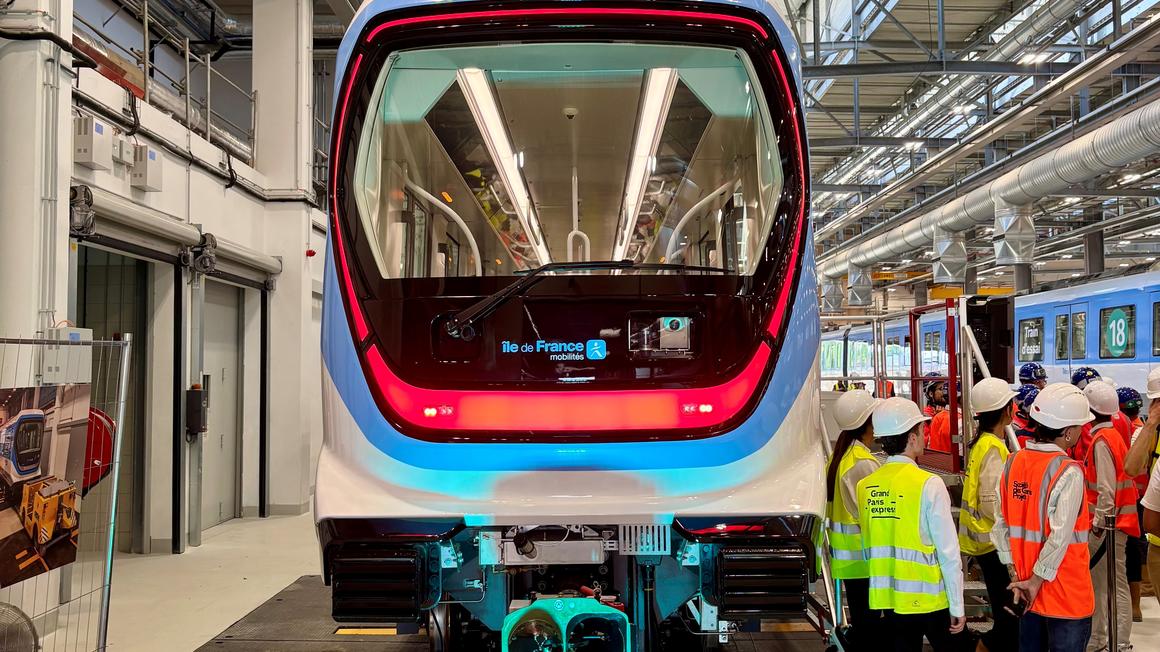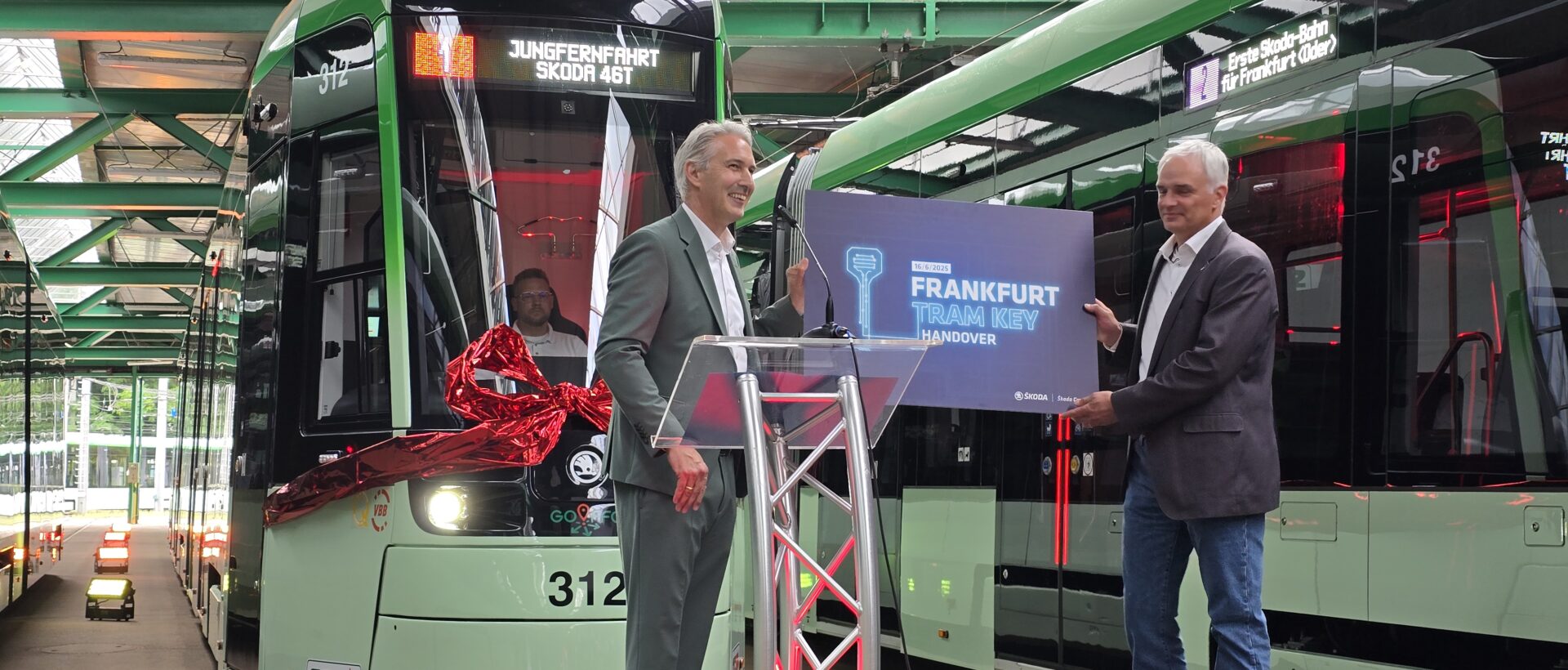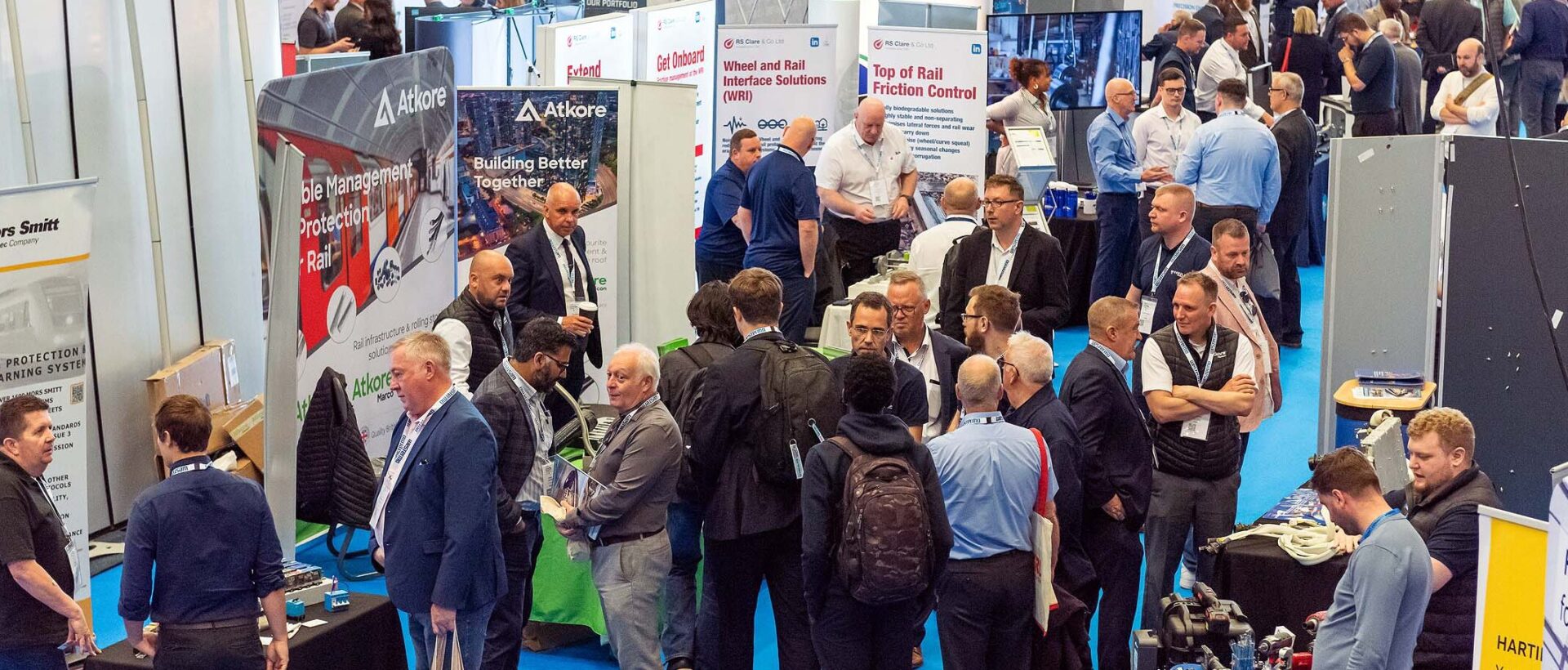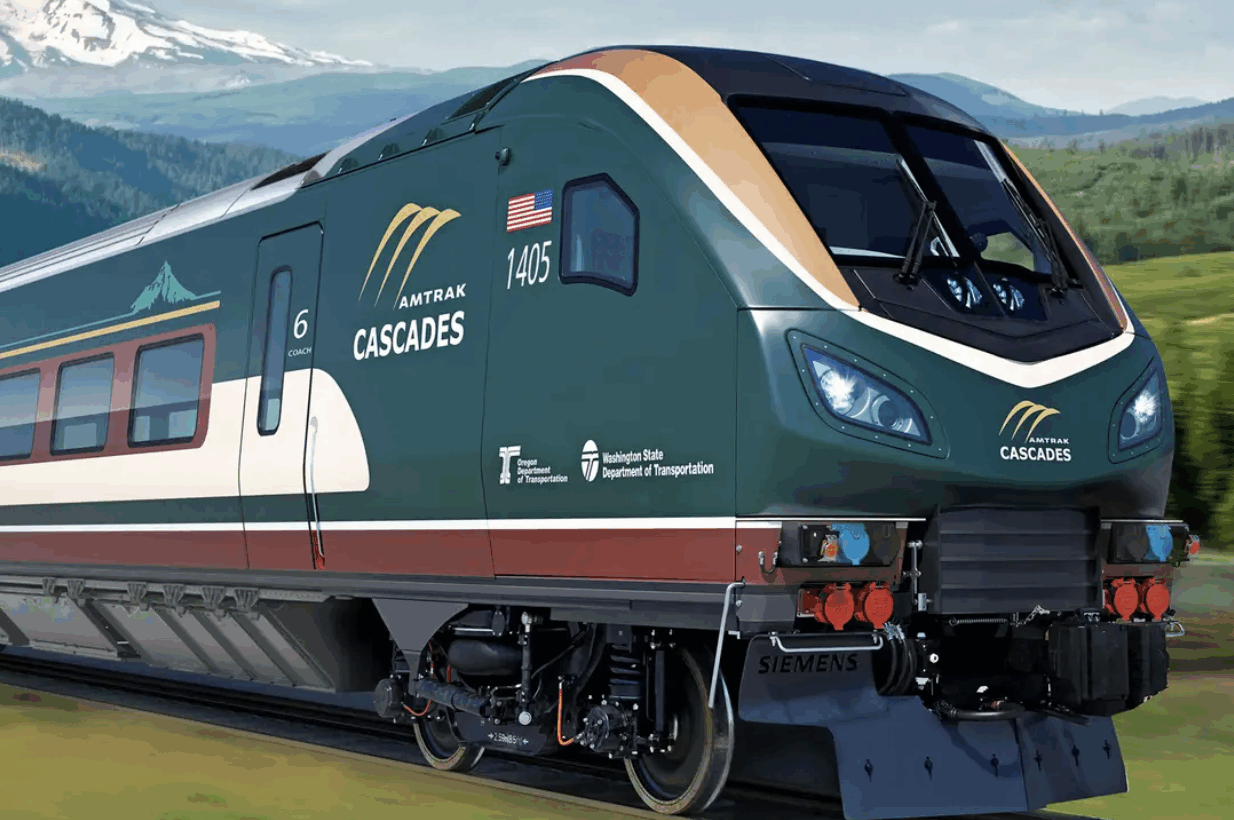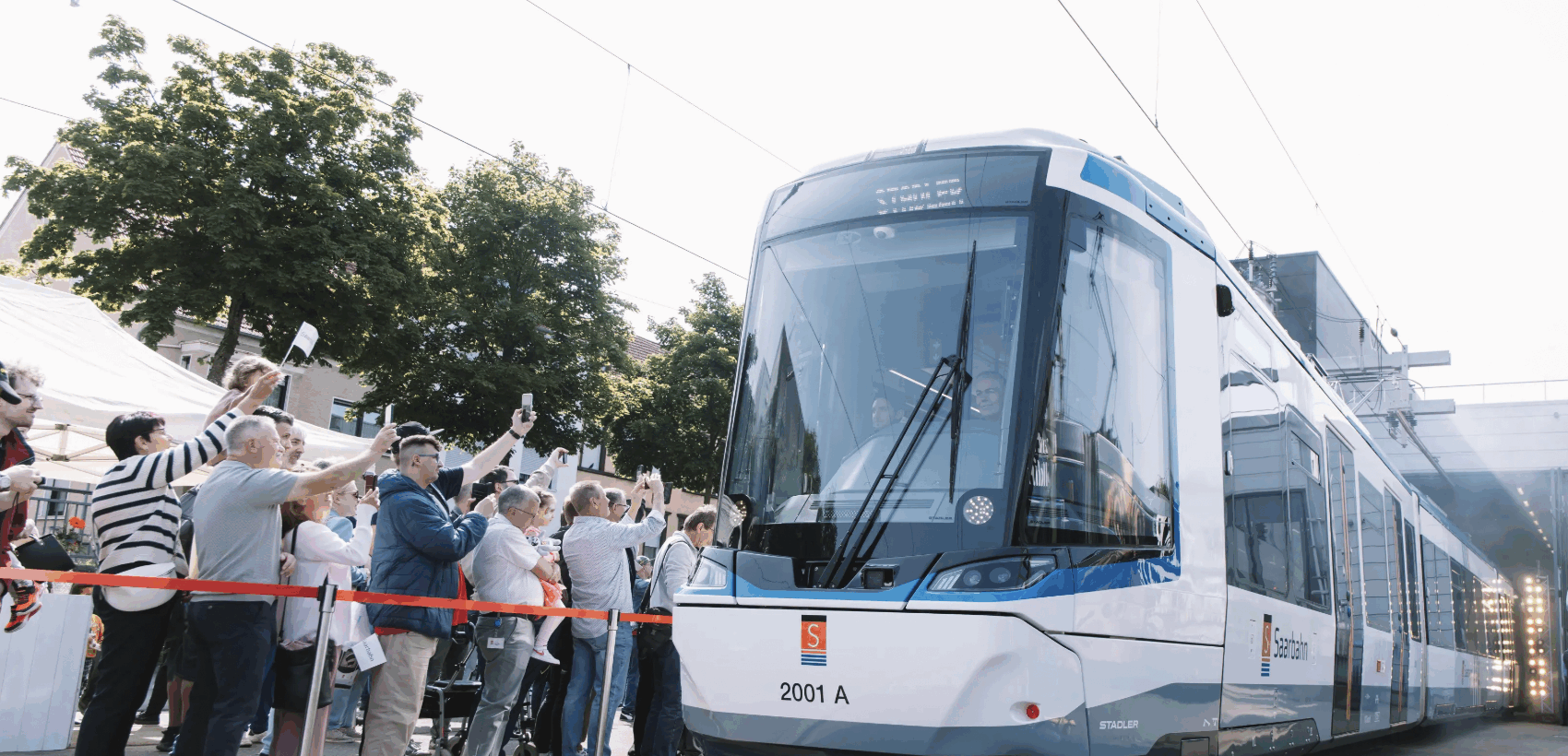A trial run of operations for a wider, new-generation of metro trains from Stadler is now underway in Berlin.
Ten cars are currently undergoing test runs, with the new trains set to enter passenger service operation on lines U5 to U9 in 2026.
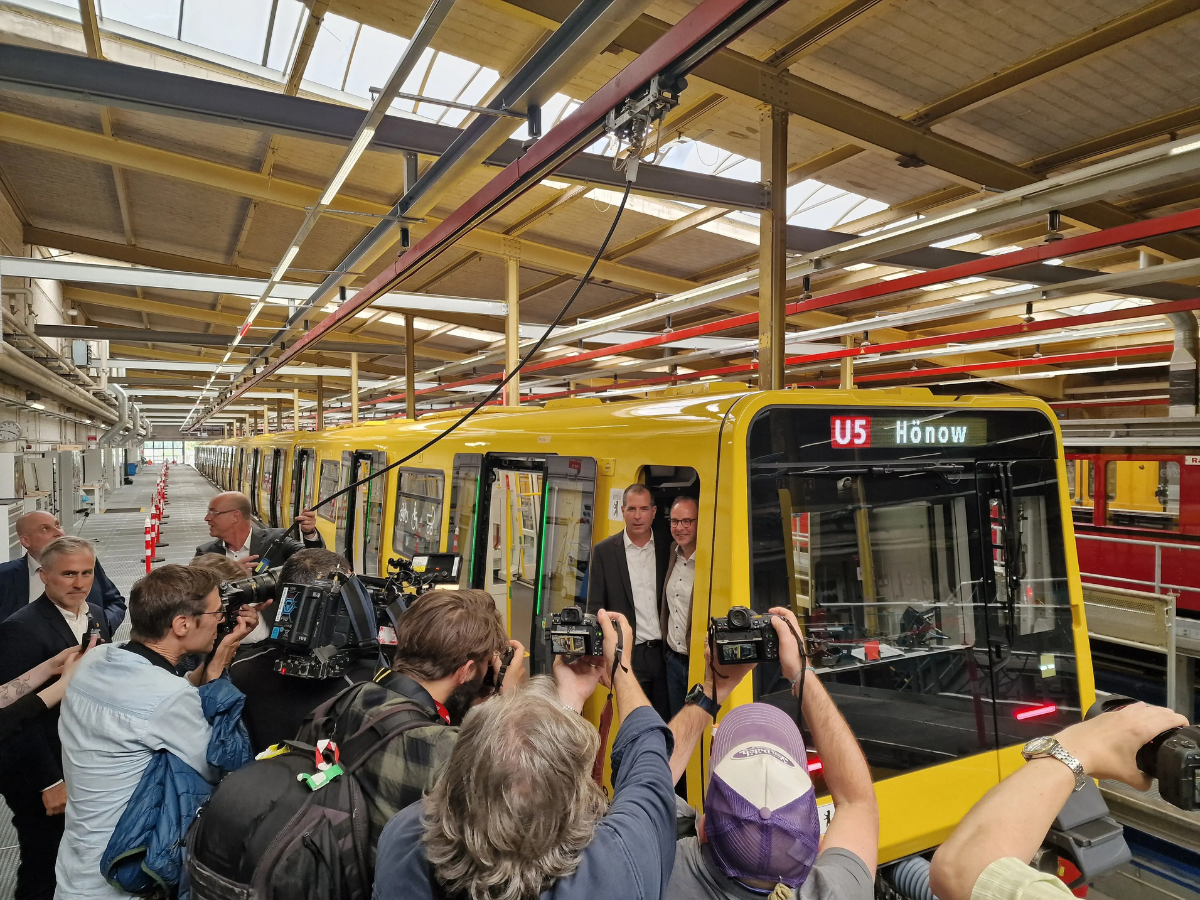
The metro fleet’s renewal forms part of Berliner Verkehrsbetriebe’s (BVG) strategy for greater operational stability across the city, with the new testing cars now in regular use for measurement runs.
A walk-through six-car train of the new, wider J type vehicles is now fully stationed at the company’s Friedrichsfelde depot, with the vehicle’s new BVG seat pattern giving way to exposed technology, aiding current testing procedures to evaluate the braking behaviour of the new trains.
The tests, which utilise the J train in a six-car unit configuration for the first time, are also examining the individual components of the 100-metre long vehicle, as well as how they communicate with each other.
Testing also includes the evaluation of all operational and relevant functions of the trains, as well as environmental aspects, with recent tests including those measuring the overall noise emitted by the vehicle.
Alongside the train’s wider configuration; each unit features newly developed passenger information systems, a new lighting concept, larger door areas and improved accessibility.
With the vehicles expected to enter passenger service in summer 2026, training for drivers, maintenance staff and station managers will begin in early 2026.
Elsewhere, testing on a series of narrower JK series trains is well underway, with passenger service on the new units expected to begin following the summer holidays.
Jure Mikolčić, CEO of Stadler Division Germany, said:The new J and JK series metro trains represent a technological quantum leap for Berlin’s passengers. With a fully walk-through train design and state-of-the-art communication technology, we are setting new standards in safety, comfort, and accessibility together with BVG.
The largest procurement order in BVG’s history; Stadler will deliver up to 1,500 cars by 2035 at a contract price of up to 3 billion EUR. Currently, the order stands at a total of 484 set to be delivered by 2027.

















